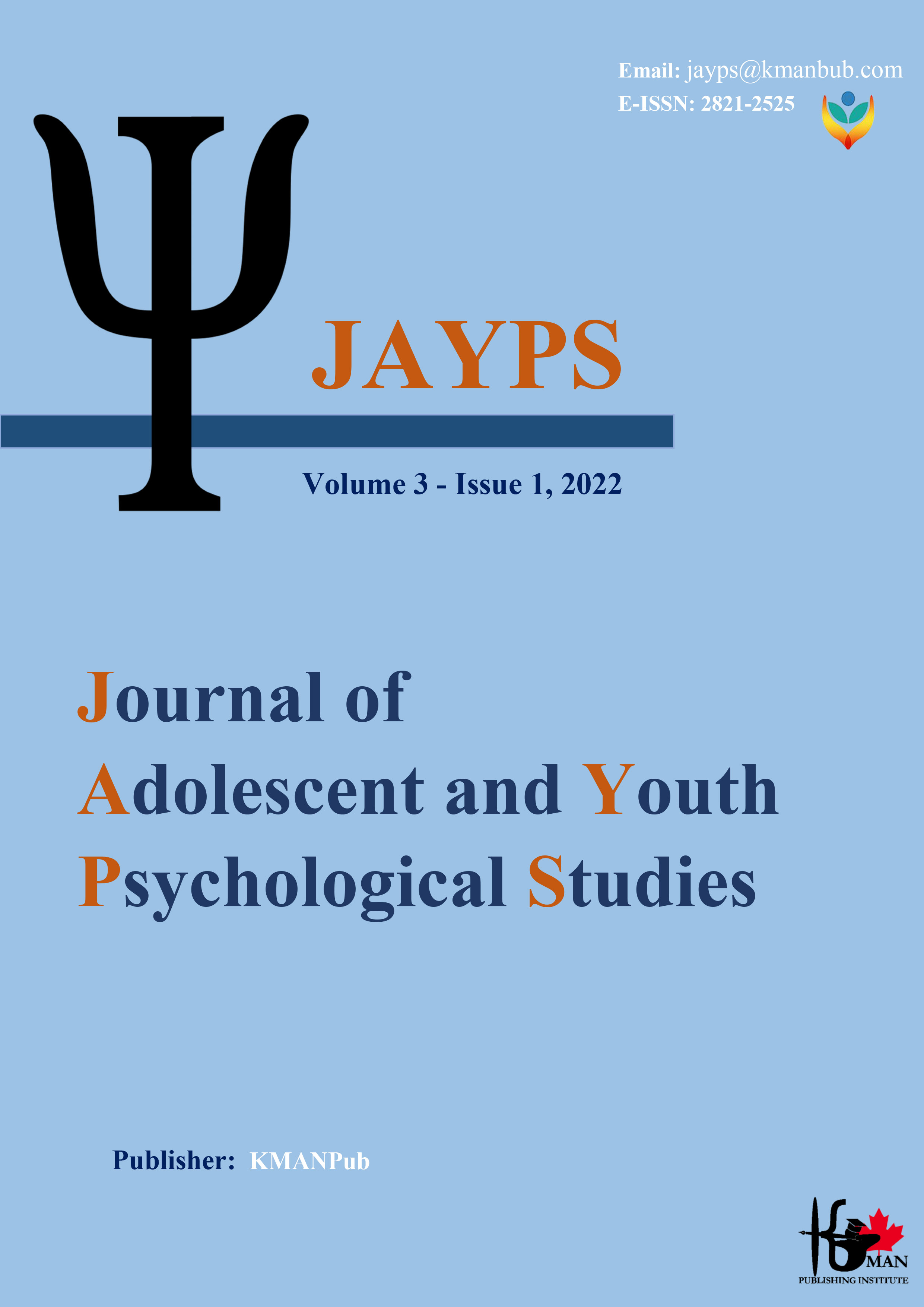Modeling of students approaches to learning in virtual education based on perceived learning environment
Keywords:
Educational psychology, perceived learning environment, Causal explanationAbstract
Background and Aim: Assessing and understanding the educational status of students in the context of online education is important in the educational psychology field. Students may show different approaches to learning in different educational settings (online, in person). In this study, students' learning approaches (deep and superficial) in online education were examined based on perceived learning environment and academic emotions. Method: The current research is a descriptive-correlational type of research using structural equations. For this purpose, the Perception of Learning Environment (Roff et al., 2001) and the Two-Factor Revised Learning Approaches Questionnaire (Mokhtar et al., 2010) were distributed among 223 students from the University of Science Lorestan medicine. Structural equivalence method with AMOS software was used to analyze the research data. Results: The results showed that the dimensions of the online learning environment predict the learning approaches, positive and negative academic emotions of students (P<0.001). Findings also showed that the dimensions of the learning environment have a significant effect on deep and superficial approaches due to positive and negative emotions (P<0.001). Conclusion: It can be concluded that students' learning approaches in cyberspace along with accurate and specialized planning can have the desired result.
Downloads
Downloads
Published
Submitted
Revised
Accepted
Issue
Section
License

This work is licensed under a Creative Commons Attribution-NonCommercial 4.0 International License.









